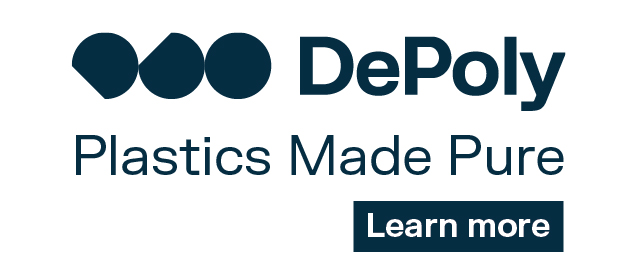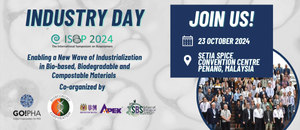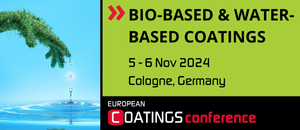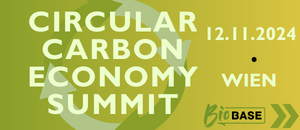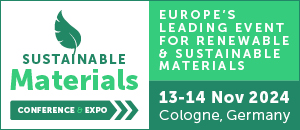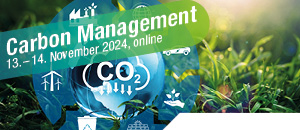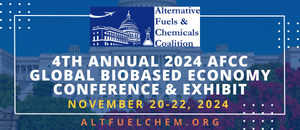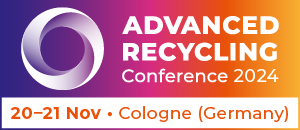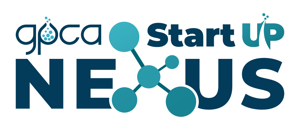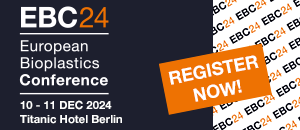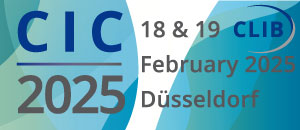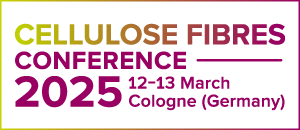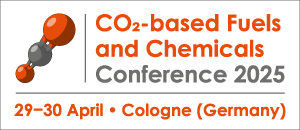- Technologies for the production of e-fuels are to be researched and developed on an industrial scale at a new facility in Leuna, Saxony-Anhalt, Germany
- The Leuna Chemical Complex was chosen in a multi-stage selection process
- Focus: Aeronautics, energy, low-carbon flight, e-fuels, e-SAFs

Following an extensive analysis, the German Aerospace Center (Deutsches Zentrum für Luft- und Raumfahrt; DLR) has selected the Leuna Chemical Complex in Saxony-Anhalt as the location for its Technology Platform PtL (TPP). This research facility is intended to make a major contribution to the near-term, industrial-scale production of e-fuels – also referred to as Power-to-Liquid fuels (PtL) or Sustainable Aviation Fuels (e-SAF). DLR will work with industry and other research institutions to develop and test the necessary large-scale technologies and processes for this purpose. Construction of the facility is planned to begin in January 2024, subject to final funding approval.
“The PtL technology platform will enable DLR to make a decisive contribution to developing and applying technologies for the industrial production and use of e-fuels,” says Anke Kaysser-Pyzalla, Chair of the DLR Executive Board. “We are therefore very pleased that we were successful in the selection process carried out by the Federal Ministry of Digital and Transport. DLR will now further develop the plans for the platform. Together with alternative propulsion systems and further improvements in efficiency and operations, these fuels will prove vital for climate- and environment-friendly mobility, particularly for air and sea transport. At present, e-SAFs are not available in sufficient quantities. The TPP will allow us to address the challenges of increasing the efficiency of energy sources, their climate compatibility and scaling for industrial production.”
“E-fuel technology is ready for market launch. As a centre of innovation, we want to promote and further develop this technology in Germany,” says Volker Wissing, Federal Minister for Digital and Transport. “That is the role of our support for the PtL technology platform. As a flagship project, the platform will bring together companies and research institutions along the entire value chain to scale up and optimise e-fuel technology. I am pleased that an ideal location for its implementation has been found at the Leuna Chemical and Refinery Park.”
“I am delighted that Leuna has been chosen as the location for the PtL technology platform,” says Reiner Haseloff, Minister-President of Saxony-Anhalt. “The German Aerospace Center will now have a second facility in Saxony-Anhalt, in addition to the Unmanned Aircraft Systems Competence Center in Cochstedt. This shows that Saxony-Anhalt is an excellent place for future-oriented research, with key players from industry and scientific research based here. The choice of the Leuna Chemical Complex marks a further acceleration of the structural change taking place in the lignite mining region of central Germany. The project will be hugely beneficial for the development and production of synthetic fuels.”
Investment in scaling up technologies for e-fuels
Following a competitive tendering process, the Federal Ministry for Digital and Transport (Bundesministerium für Digitales und Verkehr; BMDV) selected DLR to plan the PtL technology platform in detail. The BMDV is providing approximately 12.7 million euros for this planning phase. Approval for funding in the mid-nine-figure range is expected to be granted at the end of 2023. Operation of the research facility is initially planned up until 2035, with continued operation beyond that time expected. The project will create around 100 jobs in construction, plant operation and research.
Site selection in a multi-stage process
DLR examined over 60 locations in a multi-stage selection process. Three of these were shortlisted. The infrastructure facilities on the site of the former Leuna Works meant that it emerged as the favourite. InfraLeuna GmbH is the owner and operator of the site. “The Leuna site offers the best conditions for comprehensively implementing the research objectives linked to the technology platform,” says Manfred Aigner of the DLR Institute of Combustion Technology, who is leading the project. “Several factors tipped the scales in the decision – the supply of renewable resources in terms of electricity and carbon dioxide, the existing technical infrastructure and the fact that the complex is part of a wider local research community that includes universities, colleges and non-university scientific institutions.”
Largest ever research facility for industrial production of e-fuels
The PtL technology platform will consist of two elements that build upon one another. In the research element, DLR will test new technologies and processes in collaboration with scientific research organisations and industry. The researchers will carry out detailed scientific analyses and optimise individual components. The demonstration element will focus on the experimental operation of a semi-industrial plant producing e-fuels with a capacity of up to 10,000 tonnes per year. This would make the TPP the world’s largest research facility in the field of e-fuels.
Research at the facility will cover the entire process chain, ranging from renewable energy sources for e-fuels to certification and demonstration of their use. The project is based on DLR’s comprehensive expertise across the entire process chain and its longstanding experience in all of these fields, from fuel design – that is the development of fuels with optimal properties and minimal climate and environmental impact – to techno-economic research and development of production methods, integration of e-fuels into the overall energy system and conducting application and emission measurements, including with the help of specialised DLR research aircraft.
Fuel design – targeted fuel development also reduces non-carbon-dioxide effects
E-fuels have the potential to not only prevent the creation of large amounts of carbon dioxide, but also to significantly reduce ‘non-carbon-dioxide effects’. These include the emission of nitrogen oxides, soot particles and water vapour. These non-carbon-dioxide effects are roughly twice as harmful as the climate impact of carbon dioxide emitted by air transport. Soot particles and water vapour in the atmosphere can cause condensation trails, which have an additional warming effect. In this respect, e-fuels offer another advantage – fuel design. The chemical composition of e-fuels can be optimised so that, for example, no soot or particulate matter is produced during the combustion process.
Source
DLR, press release, 2023-05-25.
Supplier
Bundesministerium für Digitales und Verkehr (BMDV)
Deutsches Zentrum für Luft- und Raumfahrt e. V. (DLR)
DLR Institute of Combustion Technology
InfraLeuna GmbH
Share
Renewable Carbon News – Daily Newsletter
Subscribe to our daily email newsletter – the world's leading newsletter on renewable materials and chemicals





